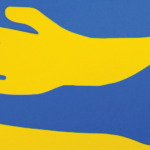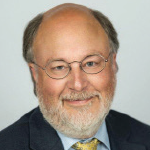In Borneo, Dr. Albert and his colleagues treated patients who had sustained injuries in car accidents, and in Uganda, he worked with a referral hospital to help start a rheumatology clinic and teach local medical residents about rheumatic diseases in a didactic forum. In Rwanda, Dr. Albert served on a medical mission in which he and his colleagues saw many patients with swollen and painful joints.
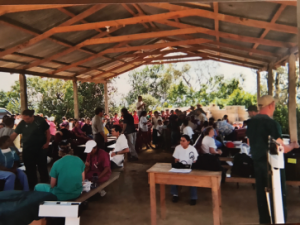
Volunteer doctors busy at work in the mountains of El Salvador, performing everything from blood pressure checks to minor surgeries.
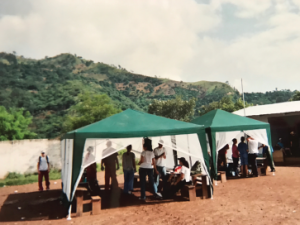
In El Salvador, Dr. Mallay’s volunteer group set up its own makeshift clinics.
“We set up a field hospital [a small medical facility that takes care of patients on site],” Dr. Albert says. “It was during the civil war in Rwanda, which was rough. In situations like that, you learn a lot about yourself and how to do the best you can and improvise with the supplies you have.”
With technology lacking in some developing countries, Dr. Albert says routine diagnostic tests, such as a complete blood count (CBC), are often performed manually using a light microscope and a specialized microscope slide. In many countries, the working conditions can be less than ideal. Monitoring equipment, if available, may be outdated or only partially functional.
“You learn to work with the tools you have and to tolerate the limitations imposed on you,” Dr. Albert says. “Most of the doctors we work with in developing countries are very smart doctors who have learned to treat a vast array of medical conditions.”
A Once-in-a-Lifetime Experience
Rubaiya Mallay, MD, a rheumatologist at Suncoast Internal Medical Consultants in Largo, Fla., began serving on medical missions while attending medical school at the Edward Via Virginia College of Osteopathic Medicine in Blacksburg, Va. Traveling on medical missions to El Salvador, the Dominican Republic, India and Guatemala, Dr. Mallay says she and her colleagues not only diagnosed arthritis in many patients, but also worked to educate them on how to manage their condition.
“We saw a lot of patients who had arthritis due to years of working at jobs that required them to lift and carry heavy objects,” Dr. Mallay says.
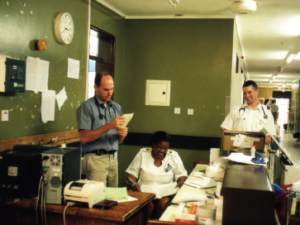
Dr. Albert worked with a volunteer team in Princess Marina Hospital in Gaborone, Botswana.
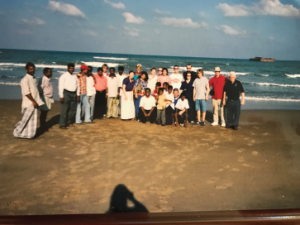
Following the 2004 tsunami disaster in India, Dr. Mallay joined a relief team that was one of the first groups to help the victims in Chennai, India.


